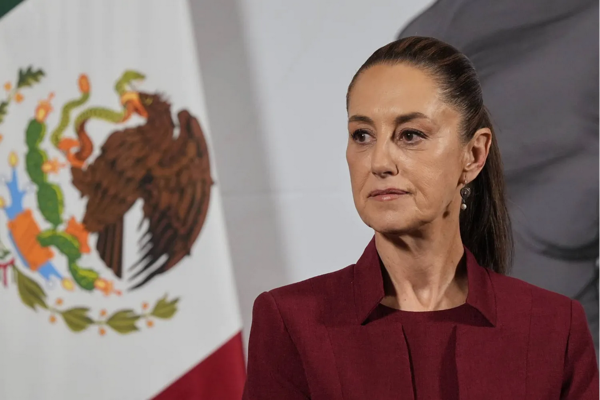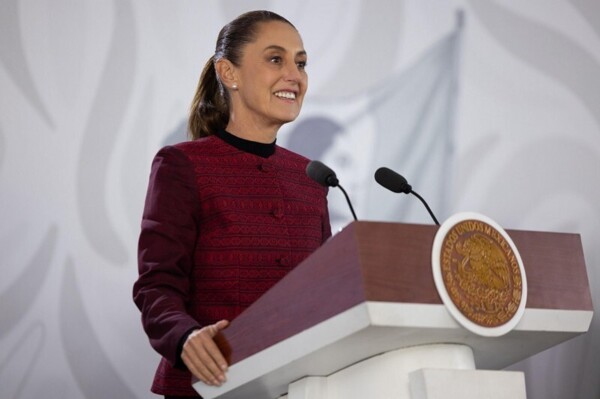
The gender gap in the business sector remains a significant challenge despite women representing 43% of the workforce in Mexico. However, only 3% of companies have a woman as CEO, and only 13% of board positions are held by women. Mexico ranks 33rd out of 146 countries in the 2024 Global Gender Gap Index, excelling in political participation but lagging in economic opportunities, reflecting the need for meaningful change in both the business and social spheres.
Women have demonstrated talent, leadership, and resilience in the business world, although power positions are still predominantly occupied by men. It is not a lack of preparation or ambition; it is crucial to ensure real access for women to decision-making spaces. Companies must commit to equity in hiring, promotion, and compensation, which will allow for a more inclusive and diverse work environment.
Despite the efforts made by women to achieve their goals, many obstacles persist. Mexico is experiencing an increase in female empowerment, recognizing that more diverse companies are also more innovative and profitable. Closing the gender gap is essential, not only as a matter of social justice but also for its positive impact on the country's economy and productivity.
Nevertheless, the pay gap remains a reality in Mexico, where women earn, on average, 86% of what men earn. While significant progress has been made, there is still a long way to go toward gender equality. The inclusion of more women in leadership positions has proven to be a smart strategy that drives growth and competitiveness of companies.
The Business Coordinating Council (CCE) has worked to position gender equity as a strategic pillar in companies, recognizing that diversity policies are not only an ethical issue but also a determining factor in business success. Gender diversity has been associated with a 25% increase in the likelihood of outperforming competitors in profitability, according to McKinsey & Company.
To move towards a more equitable future, profound changes are required in both corporate culture and public policies. It is essential for society to stop penalizing women for aspiring to leadership positions and to actively promote inclusion and diversity at all levels. The transformation towards greater gender equality in the business sector is not only a matter of social justice but also a driver for economic growth and the progress of Mexico.














